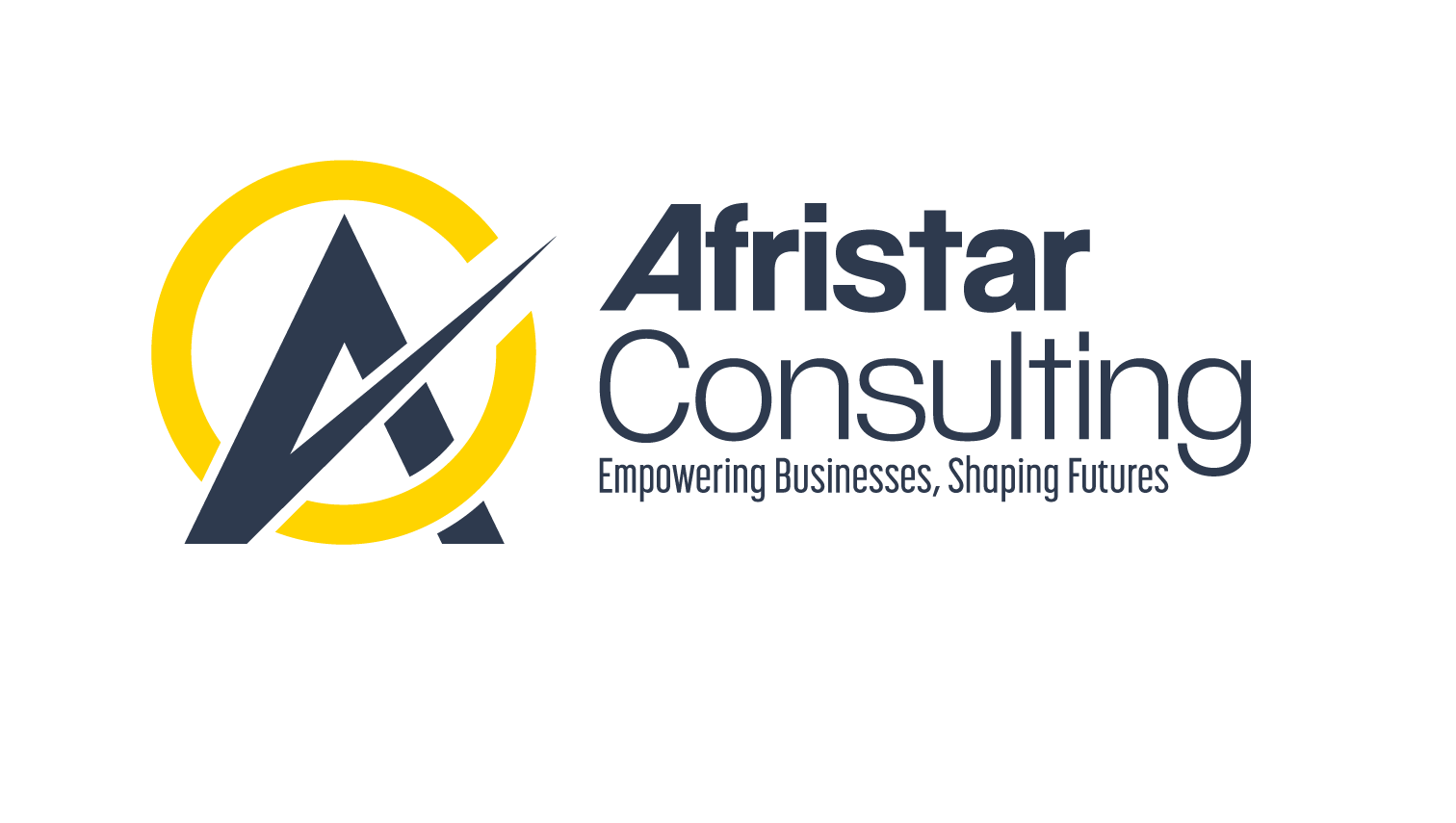Human Resource & Talent Development: A Complete Overview
What is Human Resource & Talent Development?
Human Resource (HR) & Talent Development focuses on managing an organization’s workforce and enhancing employees’ skills, engagement, and productivity. It ensures that employees are recruited, trained, and developed to meet business goals while fostering a positive workplace culture.
Key Aspects of HR & Talent Development
1. Talent Acquisition & Recruitment
- Identifies and attracts the right talent for the organization.
- Uses strategies like job postings, recruitment marketing, and headhunting.
- Conducts interviews, background checks, and onboarding processes.
2. Employee Training & Development
- Provides professional growth opportunities through training programs, workshops, and certifications.
- Focuses on leadership development, technical skills, and soft skills enhancement.
- Uses learning management systems (LMS) and e-learning platforms.
3. Performance Management
- Implements performance evaluation methods such as KPIs, 360-degree feedback, and appraisals.
- Identifies high-potential employees for promotions and leadership roles.
- Encourages a feedback culture to improve individual and team performance.
4. Employee Engagement & Retention
- Creates programs to boost employee morale and job satisfaction.
- Implements work-life balance policies, recognition programs, and career growth paths.
- Conducts employee surveys and feedback sessions.
5. Leadership & Succession Planning
- Prepares future leaders through mentorship and executive training programs.
- Identifies key employees who can take on leadership roles in the future.
- Ensures business continuity by planning for retirements and transitions.
6. Compensation & Benefits
- Designs salary structures, bonuses, incentives, and perks to attract and retain talent.
- Manages healthcare, retirement plans, paid leave policies, and wellness programs.
- Ensures compliance with labor laws and industry standards.
7. Diversity, Equity & Inclusion (DEI)
- Promotes a diverse and inclusive workplace.
- Implements policies to prevent discrimination and unconscious bias.
- Encourages cultural awareness and inclusive leadership.
8. Employee Relations & Workplace Culture
- Maintains a positive work environment and resolves workplace conflicts.
- Establishes policies for ethical behavior, compliance, and grievance handling.
- Encourages team collaboration and company-wide engagement initiatives.
Why is HR & Talent Development Important?
✔️ Ensures businesses attract and retain top talent.
✔️ Boosts employee productivity, engagement, and loyalty.
✔️ Helps companies adapt to industry changes and evolving skill requirements.
✔️ Creates a strong organizational culture and leadership pipeline.
Would you like details on how to implement a talent development strategy or tools used for HR management?
